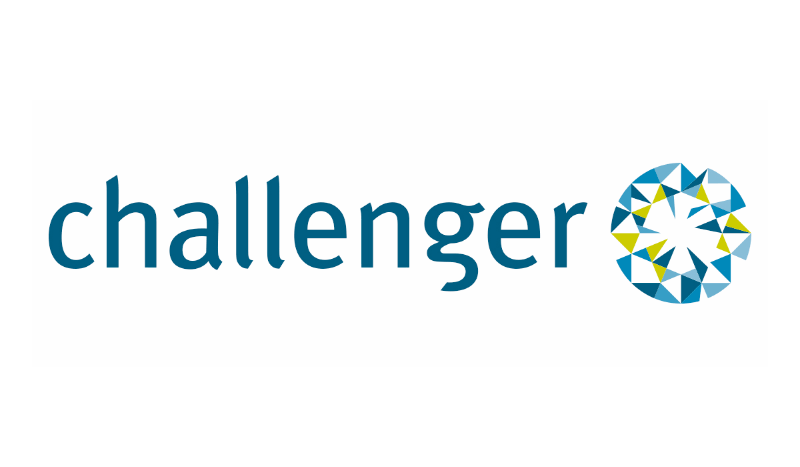The Bank for International Settlements (BIS), along with several central banks including the Monetary Authority of Singapore (MAS), launched Project Mandala to examine the potential of embedding jurisdiction-specific policy and regulatory requirements into a common protocol, simplifying cross-border use cases like foreign direct investment, borrowing, and payments.
One of the primary barriers to fluid cross-border payments is the inconsistency in policy and regulatory frameworks across jurisdictions, leading to extended transaction times, heightened regulatory compliance responsibilities, and stakeholder uncertainty.
Spearheaded by BIS Innovation Hub (BISIH) Singapore Centre with the Reserve Bank of Australia (RBA), Bank of Korea (BOK), Bank Negara Malaysia (BNM), and MAS, as well as supported by financial institutions, the ambition of Project Mandala is to mitigate these challenges by automating compliance processes, enabling real-time transaction scrutiny, and offering enhanced clarity on country-specific regulations.
This endeavour builds upon insights from Project Dunbar, which focused on creating a multi-central bank digital currency platform. The proposed compliance-centric design could streamline cross-border transfers of various digital assets, like CBDCs and tokenised deposits, and potentially lay the groundwork for emerging and existing payment systems.
Such an approach may encompass definable foreign exchange regulations and strategies against money laundering and terrorist financing. Project Mandala’s objectives align with the Financial Stability Board’s 2023 aims, aligning with G20’s vision to refine cross-border payments by endorsing an effective legal and regulatory environment without compromising protection and integrity.




































